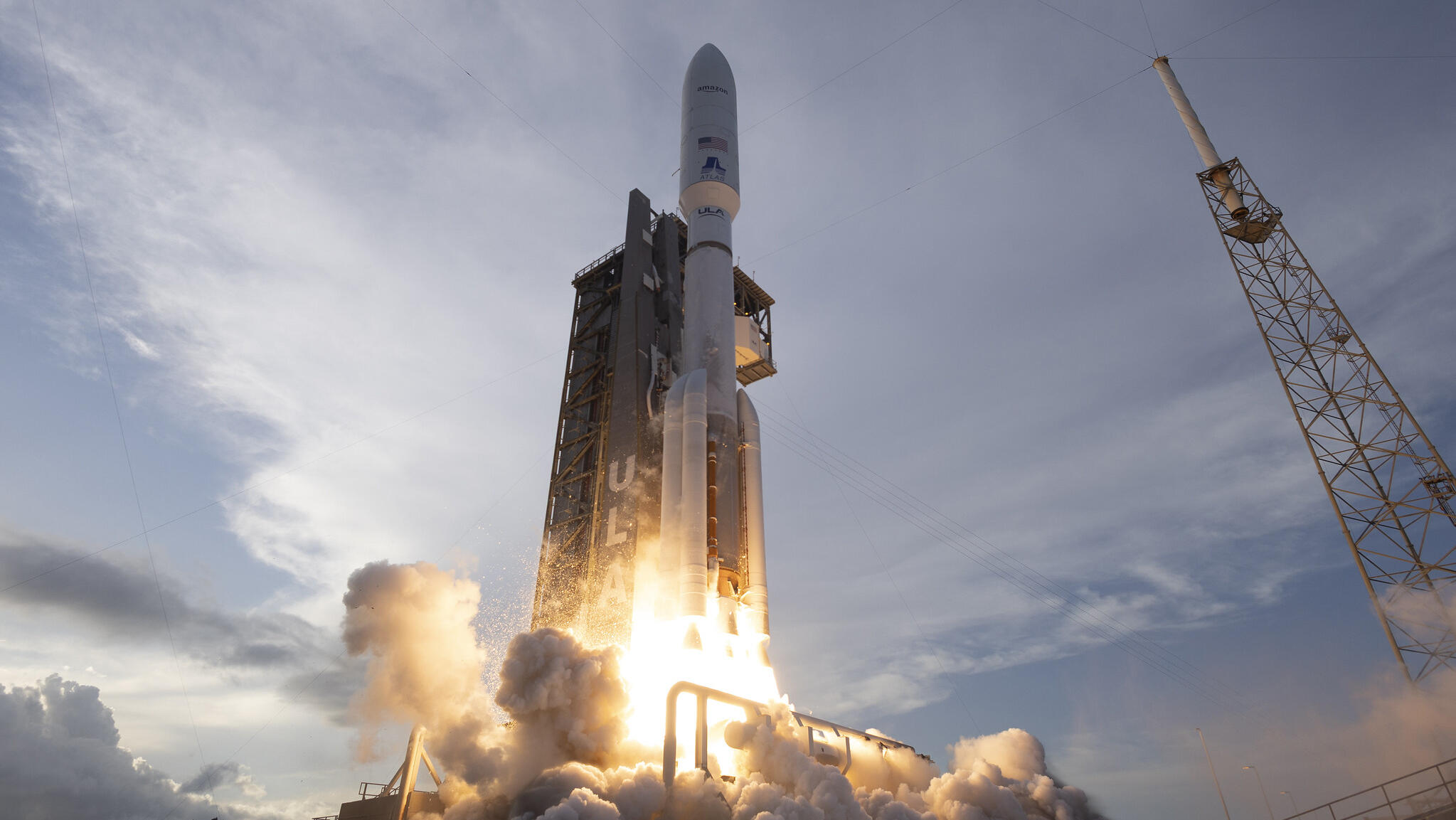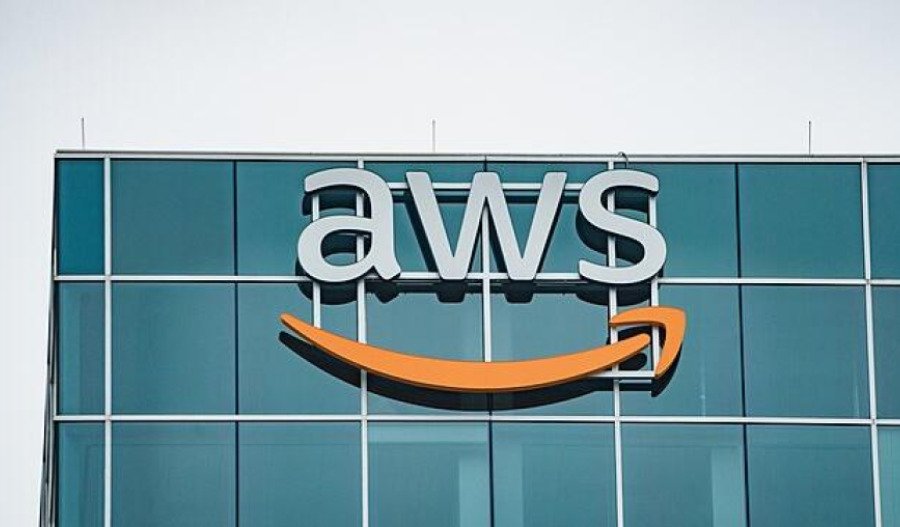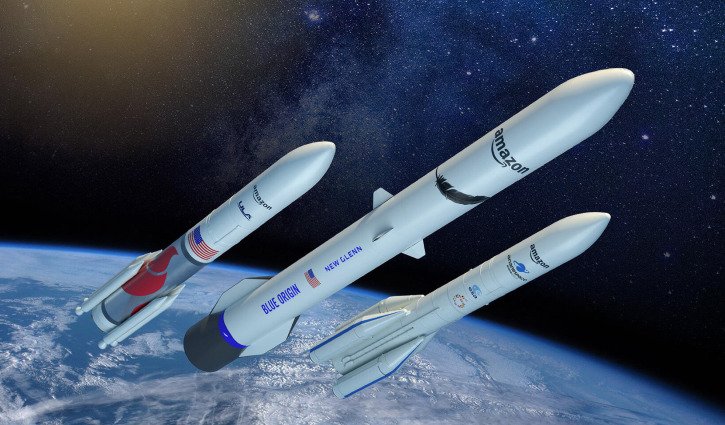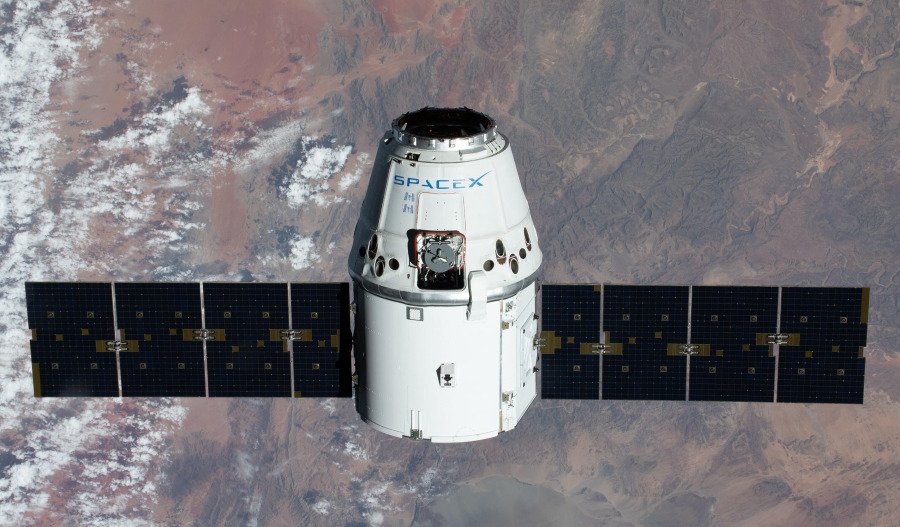The commercial space industry entered a new phase of competitiveness last night as United Launch Alliance (ULA) successfully launched Amazon’s first operational Kuiper internet satellites aboard an Atlas V rocket from Cape Canaveral Space Force Station.
The April 28 liftoff marks the beginning of full-scale deployment for ‘Project Kuiper’ - Amazon’s ambitious initiative to provide global broadband internet via a constellation of >3,200 satellites in low-Earth orbit.
Last night’s launch represented a critical step forward in Amazon’s strategy to bridge the digital divide by delivering high-speed internet to underserved communities worldwide.
It also provides healthy competition to Elon Musk’s Starlink, which, as the sole commercial provider, has an inert monopoly on satellite internet innovations for consumers.
ULA is a collaborative commercial rocket launch joint venture between Boeing and Lockheed Martin that provides critical capabilities for troops in the field, aids meteorologists in tracking severe weather and enables personal device-based GPS navigation.
The collaboration between Amazon and ULA is one of the largest commercial launch agreements in history, with ULA slated to deploy more than half of the company’s Kuiper constellation.
Following Atlas V’s launch, the next-generation Vulcan rocket will take over, executing 38 high-cadence launches to rapidly deploy the remaining satellites.
“This launch is an incredible milestone in Amazon’s ambitious initiative to provide fast, reliable broadband service to unserved and underserved communities around the world,” ULA vice president Gary Wentz said.
“We have worked diligently with the Project Kuiper team to place this important mission on orbit and are grateful for the opportunity to continue building upon this dynamic partnership.”



